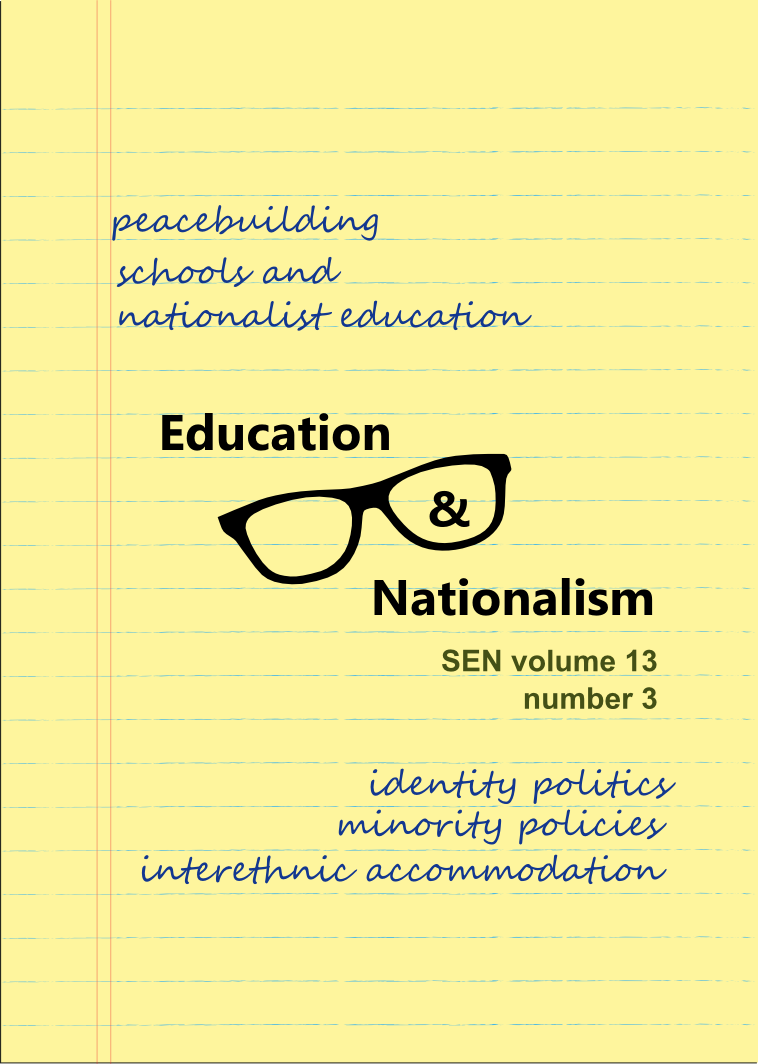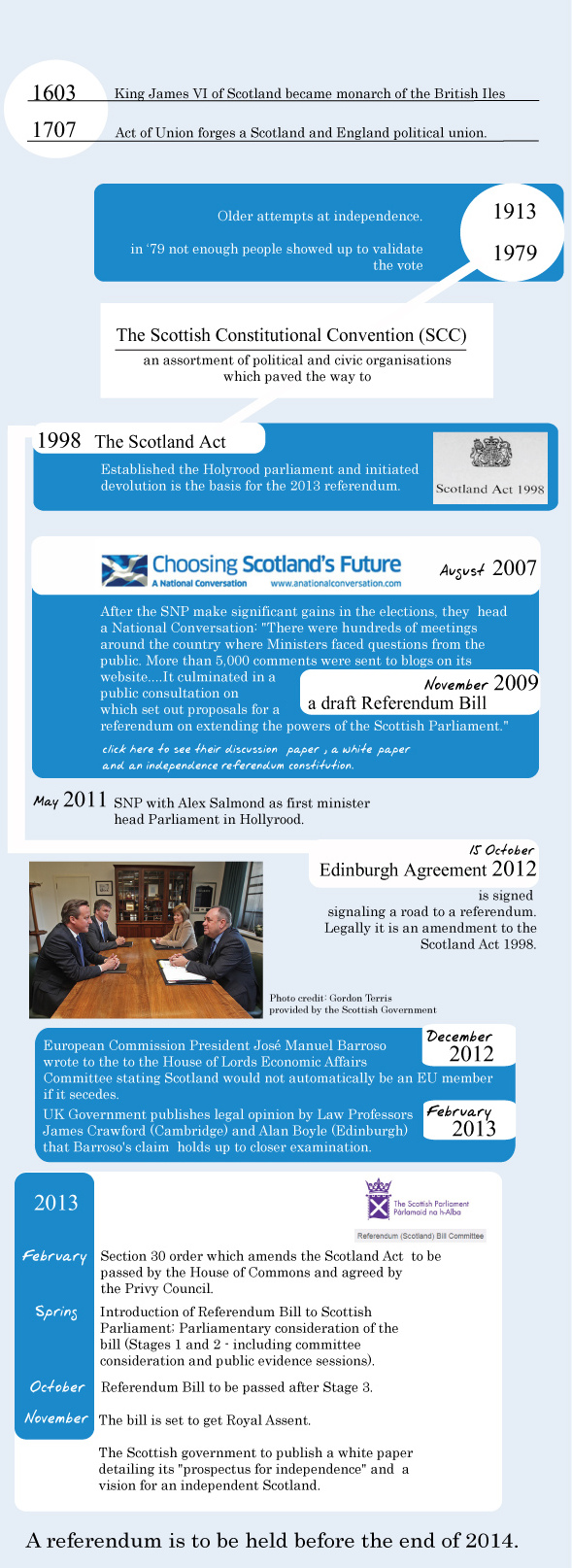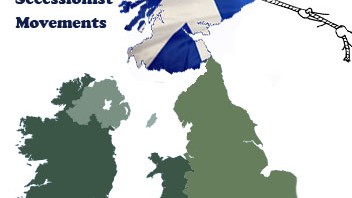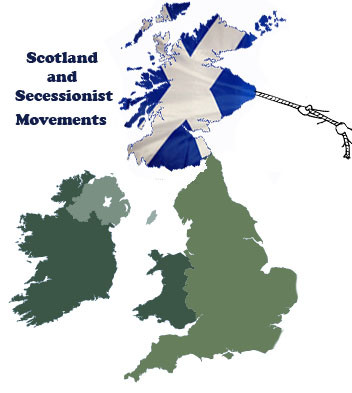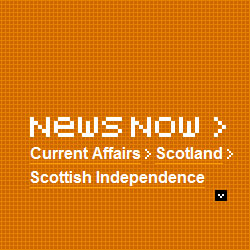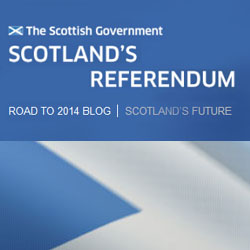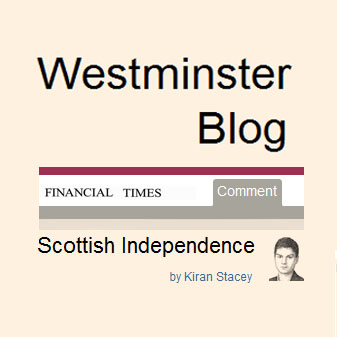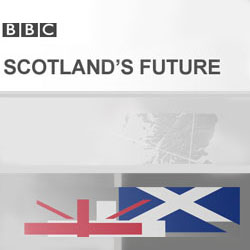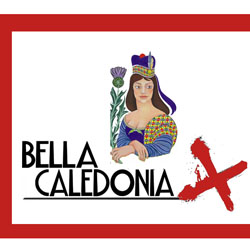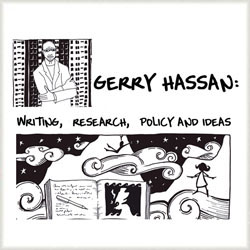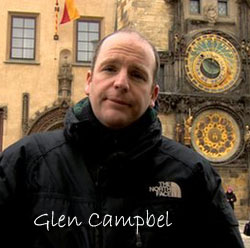 Next up in our special series on Nationalism and Education, from the SEN Online archives we have…
Next up in our special series on Nationalism and Education, from the SEN Online archives we have…
“Mapuche Demands during Educational Reform, the Penguin Revolution and the Chilean Winter of Discontent”, by Andrew Webb and Sarah Radcliffe (Volume 13, Issue 3, December 2013, 319-341), which deals with the inequalities in the Chilean education system as both a socio-economic and national problem.
‘Student protests in 2006 and 2011 are representative of growing public concerns over the neo-liberal socio-economic model adopted by respective governments since the military regime ended in 1990. Education has also become a contested space in which the recognition of indigenous rights – and cultural and linguistic diversity in particular – have been negotiated. This paper presents an analysis of the history of Mapuche struggles over education, in light of recent neoliberal reforms and political protests. Reforms to address large achievement differentials among indigenous populations have come through proposals for Intercultural Bilingual Education (IBE) in Chile and these, we suggest, have challenged the hegemonic education system and its assimilatory mechanisms. However its current administration reflects minimal commitments to indigenous rights and only the thinnest recognition of cultural difference. Instead the status quo of mono-cultural and mono-linguistic Chilean nationalism continues to be transmitted via the national curriculum.’

